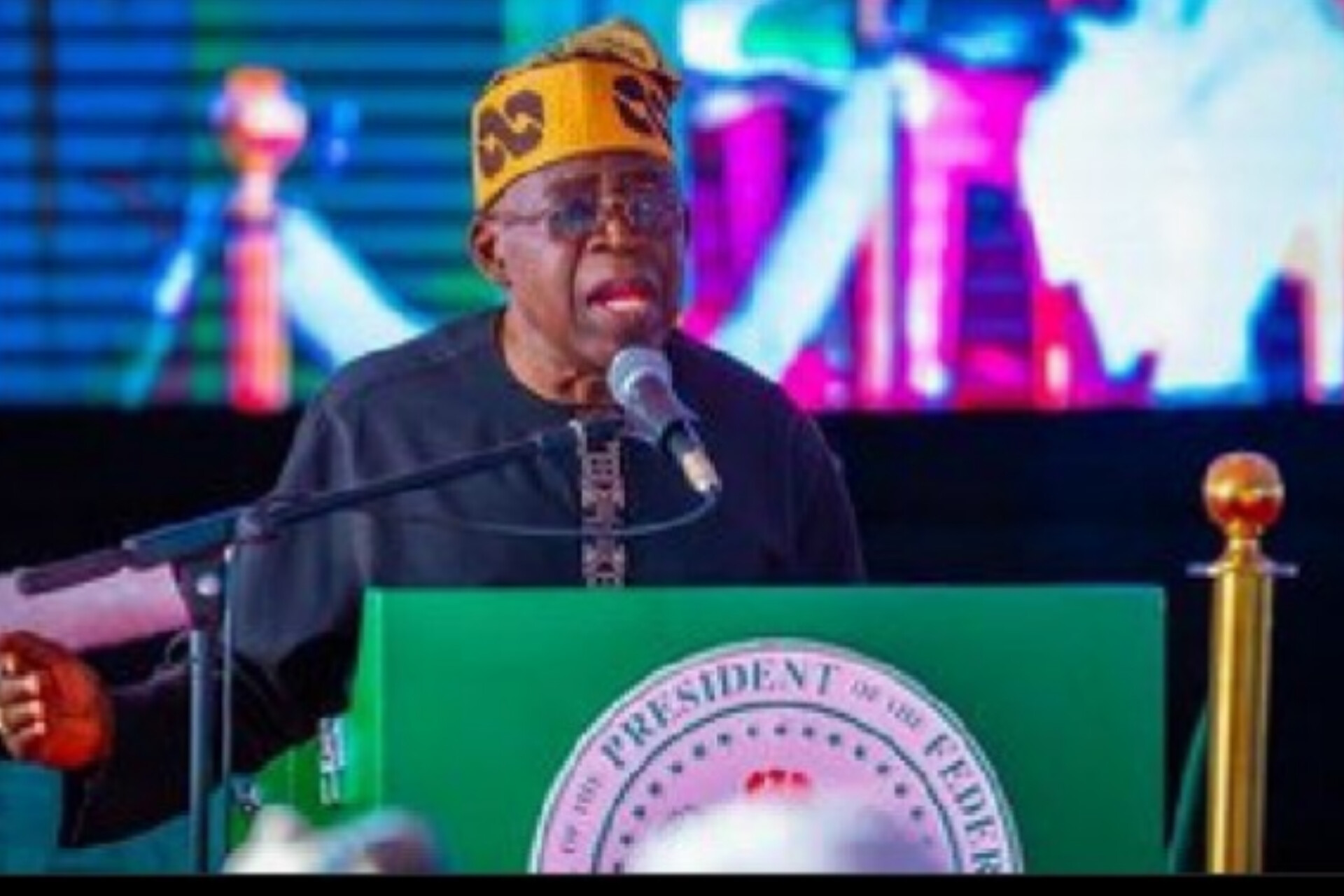A new report shows that 30 state governments in Nigeria spent a total of N968.64bn on various recurrent expenses in the first three months of 2024.
These expenses included refreshments, sitting allowances, travel costs, and utility bills.
The report was based on budget data from Open Nigerian States, a website supported by BudgIT, which tracks public budget information.
The analysis covered 30 states, as data from six states—Benue, Imo, Niger, Rivers, Sokoto, and Yobe—were not available.
A breakdown of the spending revealed that the states spent N5.1bn on refreshments, N4.67bn on sitting allowances, N34.63bn on local and foreign travel, and N5.64bn on utility bills, totaling N50.02bn in just three months. Added to this, they paid N405.77bn in salaries.
Other notable expenses included costs for internet, telephone charges, and other utilities. For example, Abia State spent N10.92bn, Adamawa State N23.7bn, and Akwa Ibom State N46.85bn on recurrent expenditures.
States like Lagos spent a whopping N189.62bn, which included N1.21m for refreshments and N633.37m for travel.
Smaller states like Zamfara and Taraba spent N13.46bn and N20.93bn respectively.
Financial experts have raised concerns about this level of spending, especially given Nigeria’s economic challenges.
Economist Aliyu Ilias highlighted that many states need to become more industrialized to attract investments.
“Going forward, what they could do is identify one area of strength. For instance, Bayelsa has oil and should be able to attract investments. I think it is about policy. They should give the policy a chance that would allow people to come and invest. They should also create an attraction and develop an economic summit that will make sure they showcase and attract investors,” said Ilias.
Professor Akpan Ekpo from the University of Uyo suggested that states should improve their services to increase revenue.
Professor Segun Ajibola of Babcock University pointed out that high spending on governance with little oversight has resulted in minimal economic benefits for ordinary citizens.
He noted that state assemblies often fail to provide the necessary oversight, allowing governors to spend without enough accountability.
Experts urge states to develop policies that attract investments and improve economic conditions, ensuring that spending leads to tangible benefits for their citizens.




